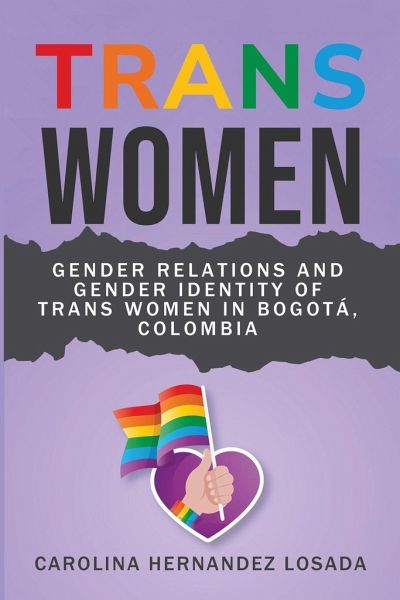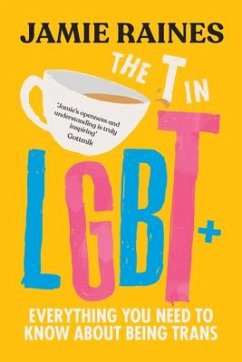
Gender Relations and Gender Identity of Trans Women in Bogotá, Colombia
Versandkostenfrei!
Versandfertig in 1-2 Wochen
30,99 €
inkl. MwSt.

PAYBACK Punkte
15 °P sammeln!
This thesis examines the ways in which transgender women who identify as being inside "the closet" in Bogotá, Colombia, negotiate their gender identities. It provides a detailed ethnographical account of the experiences of the participants by looking at how they negotiate gender through three lenses: intimate relationships, space and sense of belonging. This thesis also critically addresses the concept of gender by engaging with the participants' embodied, spatialized and relational experiences of family relationships and being in the closet. This provides the basis for discussing how the ten...
This thesis examines the ways in which transgender women who identify as being inside "the closet" in Bogotá, Colombia, negotiate their gender identities. It provides a detailed ethnographical account of the experiences of the participants by looking at how they negotiate gender through three lenses: intimate relationships, space and sense of belonging. This thesis also critically addresses the concept of gender by engaging with the participants' embodied, spatialized and relational experiences of family relationships and being in the closet. This provides the basis for discussing how the tensions between the experiences of a sense of belonging and not-belonging enable the participants to create strategies to reduce the conflict between their different belongings and maintain their intimate relationships. In this sense, this thesis understands gender as constantly negotiated in different contexts, with different people in different places. The Introduction provides a brief context of the field of this research. Chapter 2 explains how the research was undertaken methodologically. Chapters 3 and 4 deal with the relationship between family relationships and gender and sexuality, arguing that family life is a key arena for negotiating them. Here I engage with the concept of intimate citizenship and the experiences of the participants around intimate life, and their relationships as children, parents and partners. Finally, Chapters 5 and 6 concentrate on the participants' experiences participants of the closet by looking at gender and sense of belonging, arguing that the closet is not a closed off space. Its boundaries are not fixed, as people are able to step in and out of it in dialogue with broader society, their relationships and belongings. Indeed, as with the gendered lives of my research participants being threaded through multiple places and relationships, the closet is dynamic and productive of diversely complex negotiations and performances of gendered being and doing.












